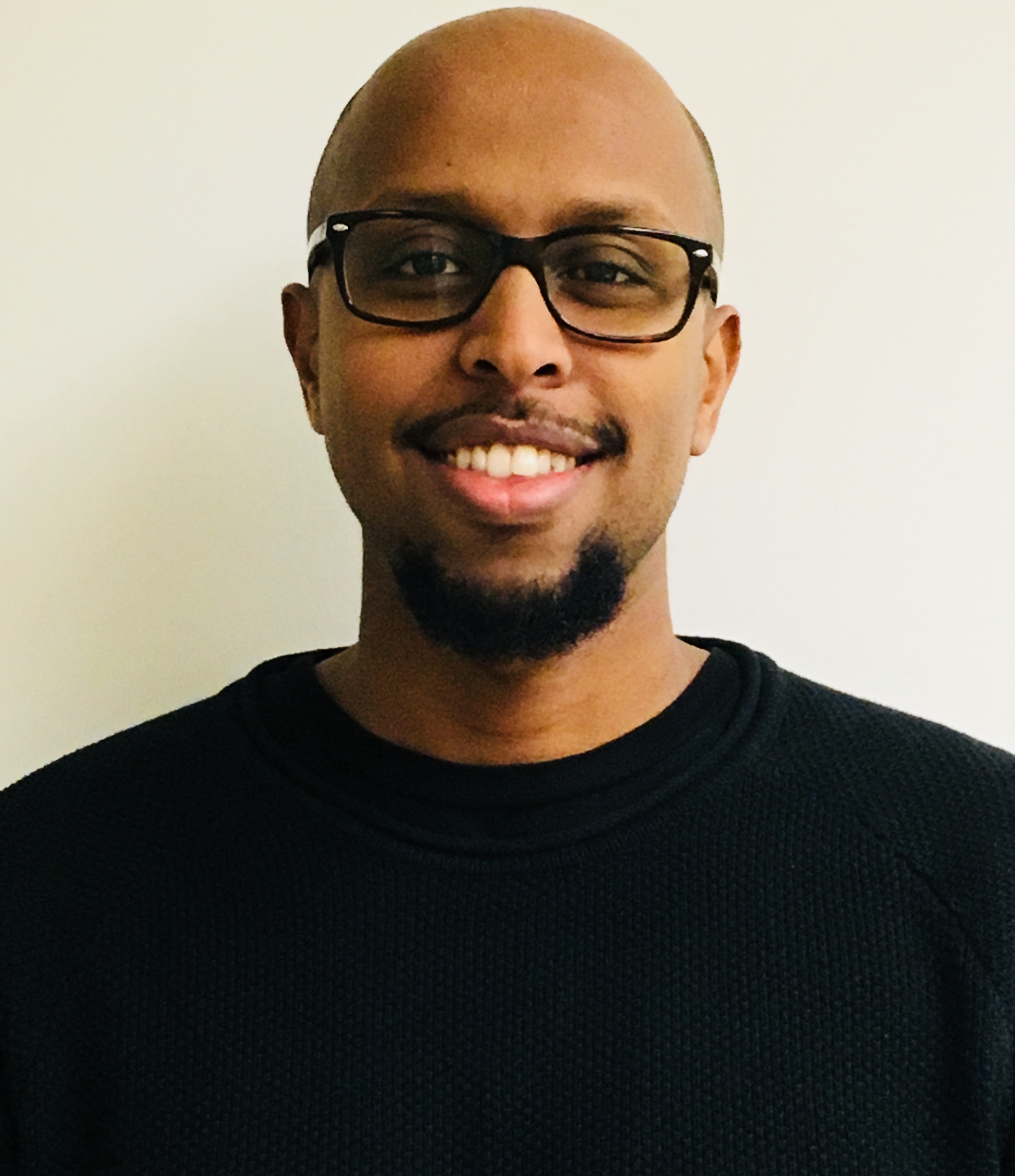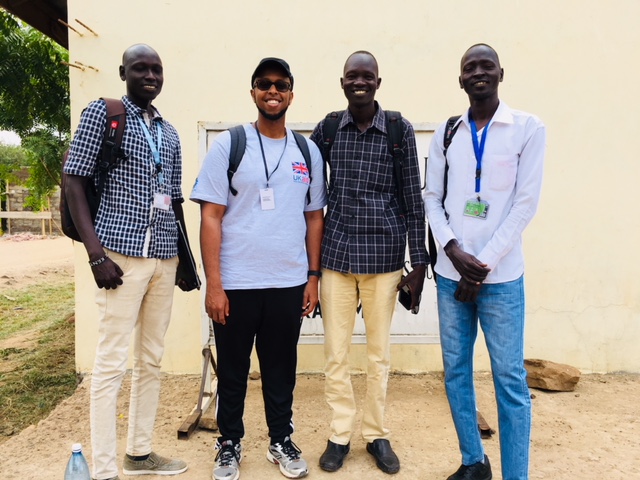
Mohamed Duale left Somalia with his parents when he was a child and Canada has become his home. Photo © courtesy of Mohamed Duale.
Mohamed Duale’s family fled Somalia in the early 90s. He was born in Somalia but grew up in Toronto. Although he left his home country when he was a child, he has witnessed some of the main issues refugees face. In Toronto, he worked for about four years as a youth worker with the Somali community and he also worked with young men who came to Canada seeking refugee status.
“Part of my function was reaching out to them, working with them connecting them to get legal services,” says Duale. “Once they get their work permit sending them to job training programs, things of that sort.”
With his involvement working with youth work, Duale decided to pursue a Bachelor’s of Education after obtaining his bachelor’s and master’s degrees in political science.
He also has a Master of Arts degree in Political Science focusing on international relations and comparative politics. Duale’s master’s thesis was on the U.N. peacekeeping missions to Somalia, which according to him has prepared him to “understand the drivers of conflict”.
“What are the kinds of tools that are needed to resolve conflict as well as the merging kind of humanitarian factor in the world, the way that the United Nations operates,” says Duale.
At the moment, he is a PhD candidate at York University. In his studies, he is focusing on the experiences of young people who are displaced in the Dadaab refugee camps of Kenya.
“My area is kind of youth studies. I look at youth in displacement for my dissertation particularly,” says Duale. “Looking at their life experiences and how they’re imagining their future particularly their return.”
Duale has not been back to Somalia since he moved to Canada as a young child, but he remembers the fighting happening and the sound of gunshots.
“You hear all kinds of things that as a child you don’t fully process because the world is normal to the way it appears,” says Duale. “It’s a very kind of surface level. And I suppose it has its advantages to. As a child, you don’t fully understand what’s happening.”

Mohamed Duale with Borderless Higher Education for Refugees (BHER) students relocated to Kalobeyei Integrated Settlement in Kenya during his trip last July. Photo © courtesy of Mohamed Duale.
In the summer of 2019, Mohamed joined the team who will be heading to Kenya. This will be his third time in the country, working on refugee issues.
“[We’ve] got over 65 million forced migrants of which 25 million are refugees. You know those that have fled across an international boundary. And you look at the average – now it is 26 years when a refugee comes to a refugee camp [to when they leave]. They will be there for a quarter century.”
Duale says that what attracted him to the LERRN Project is that LERRN seeks to look at the global refugee regime in a broader sense, examining the way polices are implemented regionally and locally.
“Some of the solutions to the challenge of how to address and bring about global solutions to the global migration crisis or the global refugee crisis, lies with the very people who are affected by this. They know best what is happening with their lives, they know best what the solutions to their problems are.”
Check out Duale’s recent works and publications.